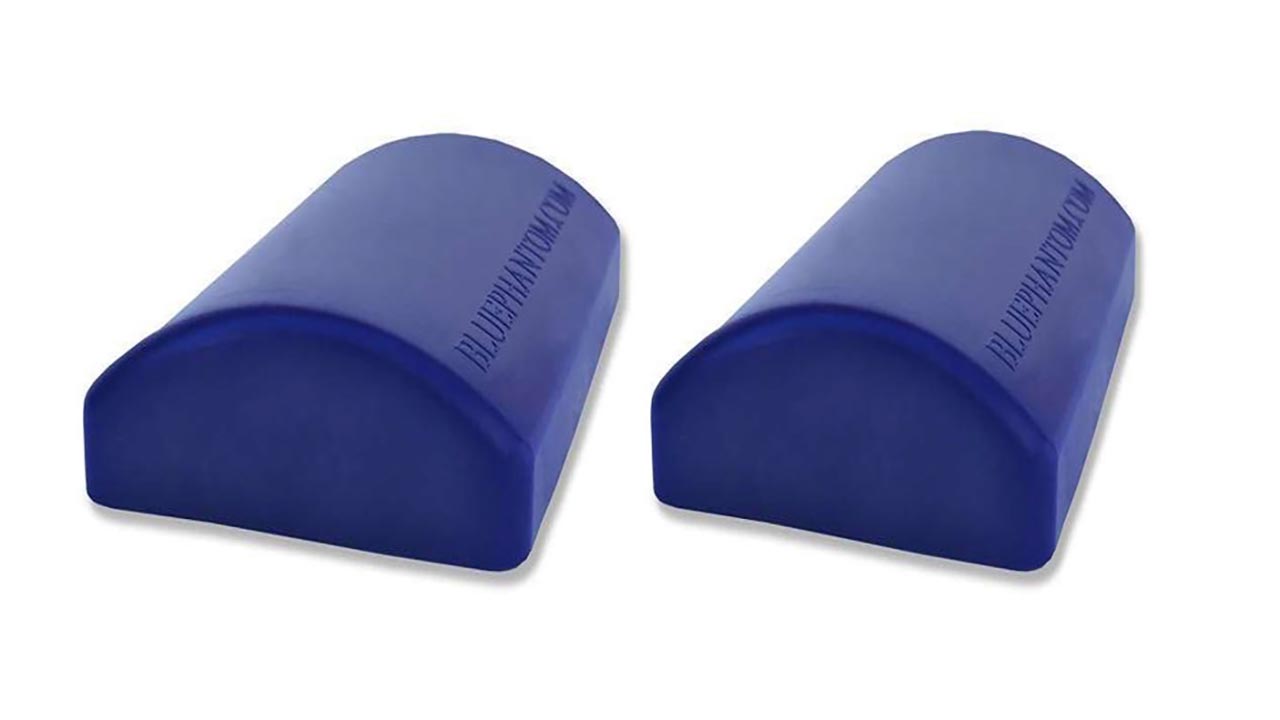
$2,280.02
Master ultrasound-guided vascular access skills for pediatric care
Practice vascular access on pediatric-sized vessels ranging from 2–6 mm
Train on overlapping vessel anatomy to simulate complex real-world scenarios
Supports transducer manipulation and needle visualization
Durable, reusable, and portable design with included storage case
Train on vessels ranging from 2 mm to 6 mm in diameter to simulate real pediatric access.
Practice scanning and targeting complex vessel paths to advance skill levels.
Gain confirmation with positive fluid flow upon successful cannulation.
Inject fluid to visualize needle tip placement and simulate complete access protocols.
Perform thousands of punctures without sonographic degradation or tissue breakdown.
Easily transport and store with included plastic case and refill ports.
Anatomy:
Dimensions:
Included Accessories:
Standard Coverage: 1-Year Manufacturer’s Warranty included
The Blue Phantom Pediatric 4 Vessel Ultrasound Training Block is engineered to help clinicians gain critical hands-on experience performing ultrasound-guided vascular access in pediatric patients. Designed with branching vessels in various sizes and depths, this model supports skill development at every stage—from introductory scanning to advanced cannulation of small, overlapping targets.
Designed with patented self-healing Simulex™ tissue, the block replicates the look and feel of real pediatric tissue during both ultrasound imaging and needle insertion. Vessels range from 2 mm to 6 mm in diameter and are positioned to simulate pediatric anatomy, allowing learners to progressively develop confidence and precision in challenging scenarios.
The phantom supports full procedural training with needle insertion, fluid injection, and ultrasound system operation. Simulated blood can be injected into the vessels to verify needle tip location, and positive fluid flow provides immediate feedback upon successful access. Self-sealing tissue enables thousands of punctures without degradation, offering a long-lasting and cost-effective training solution.
Ideal for use in NICUs, pediatric emergency departments, simulation labs, and ultrasound education programs, this portable model is compatible with all diagnostic ultrasound systems using high-frequency linear probes (7.5–15 MHz).